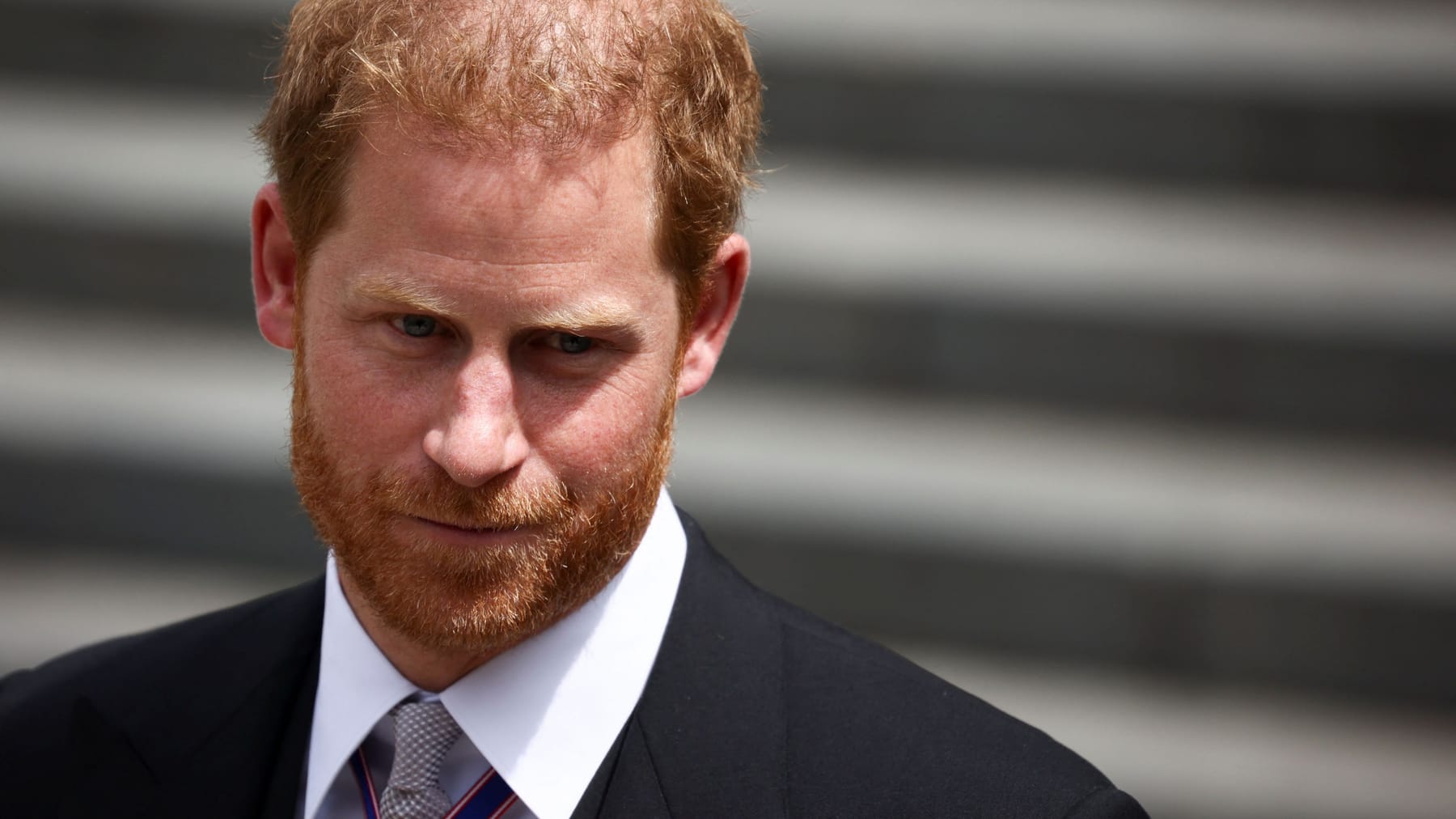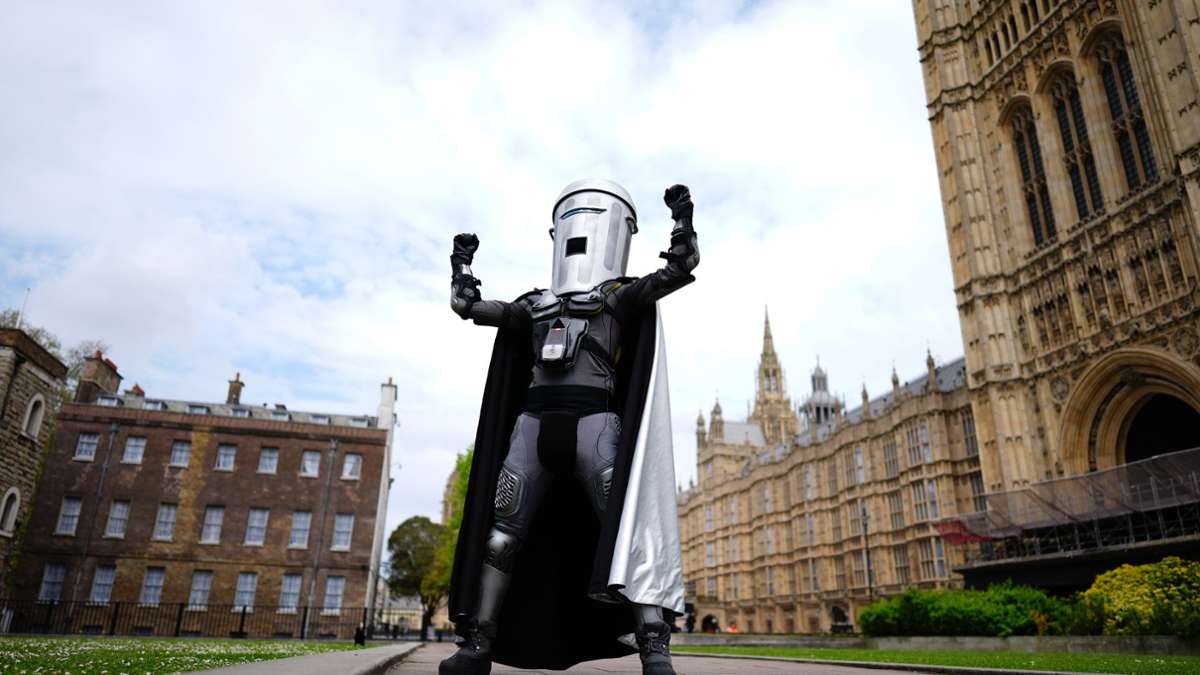A friend of the highest earners: Prime Minister of Great Britain Rishi Sunak in London in October.
Picture: Kirsty Wigglesworth (AFP)
If you want to understand why Great Britain is now eliminating the cap on bankers’ bonuses, you have to go back a good year. At that time, in the fall of 2022, Downing Street was ruled by a woman who had promised her country nothing less than an economic miracle: Liz Truss. She wanted a country with low taxes, high growth and maximum entrepreneurial freedom. But after less than 50 days, Truss was forced to resign. This was not only the shortest period in office in the long history of British prime ministers, but also the shortest presidential term in their history. It was also unnecessary.
Truss has caused enormous damage to the United Kingdom with her ideologically motivated economic policies. It caused chaos in financial markets, causing serious damage to Britain’s international reputation. Her successor, Rishi Sunak, took some time to regain stability. It succeeded because it canceled almost all of Truss’s projects. Of the few remaining issues, the issue of bankers’ bonuses was the most striking: as of October 31, unlimited bonuses were once again allowed to be paid.
By scrapping this reservation, Sunak can announce what would otherwise be extremely rare: a Brexit benefit.
The meaning and nonsense of this decision may be debated for a long time, but one thing is certain: the government in London is not abolishing the so-called bonus cap in the first place because it is economically convinced of it. It does so primarily for ideological reasons. The maximum bonus dates back to the time when Great Britain was still a member of the European Union. By scrapping this reservation, Sunak can announce what would otherwise be extremely rare: a Brexit benefit. From the Prime Minister’s point of view, eliminating the maximum bonus symbolizes how his country can finally develop. Practically freed from the shackles of European Union bureaucracy.
The British financial regulator justifies capping the reward by saying that it had “unintended consequences.” Because special payments were limited to twice the annual salary, banks were eventually forced to increase fixed salaries. The result: If base pay makes up the bulk of bonus, banks will have less freedom to adjust salaries in the event of poor performance or misconduct.
The Prime Minister does not want to anger the Conservatives. This is understandable.
This is correct. But ultimately it comes down to whether the bonus limit has weakened the financial position. Certainly this is not the case. London can still compete with competitors such as New York and Singapore. Anyone who talks to the heads of major British banks will discover that opinions differ. Some consider the upper limit itself to be the work of the devil, others can live with it just fine.
And the fact that Sunak made no move to publicly address the bonus issue in the year before the next general election shows primarily that he has no interest in angering Liz Truss and other friends of the party who think he is EU anyway. friendly. The Prime Minister does not want to anger the Conservatives. This is understandable.
But from a sociopolitical perspective, capping the reward is a killer signal. Many people find it difficult to pay their bills due to high inflation. It is precisely at these times that the Prime Minister is doing a favor to all those who earn a good income. The majority of British bonus bankers are likely to vote for former investment banker Sunak either way. However, those who do not benefit from the bonuses are now more likely to turn away from the Prime Minister. The Conservative Party currently trails Labor by between 10 and 20 percent, depending on the poll. Capping the bonus will not change this.
Found an error?Report now.

“Award-winning music trailblazer. Gamer. Lifelong alcohol enthusiast. Thinker. Passionate analyst.”










– Senior bankers, of all people, are expected to benefit from Brexit
London scraps cap on bankers’ bonuses but that won’t help Prime Minister Rishi Sunak get out of the polls. Quite the opposite.
Alexander Mohlauer